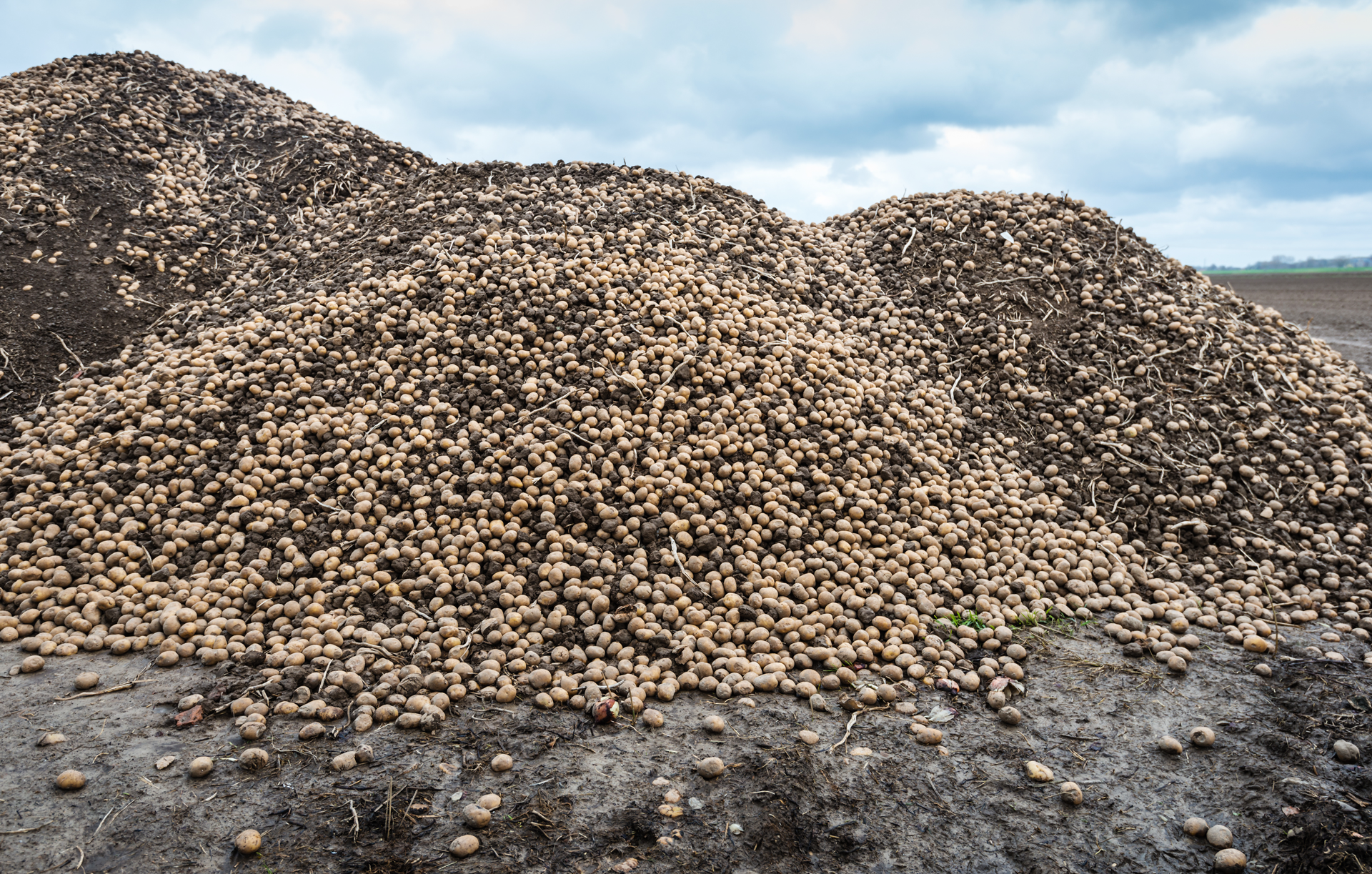Government announces £13.6m for surplus farm food redistribution
Government funding will enable 12 English food charities to redirect thousands of tonnes of surplus produce to communities facing food insecurity while at the same time reducing agricultural waste.
 The Government has awarded £13.6 million in grants to 12 food charities across England to redistribute an estimated 19,000 tonnes of surplus food directly from farms to tackle food poverty and reduce waste.
The Government has awarded £13.6 million in grants to 12 food charities across England to redistribute an estimated 19,000 tonnes of surplus food directly from farms to tackle food poverty and reduce waste.
The funding, announced today through the Tackling Food Surplus at the Farm Gate scheme, will strengthen partnerships between redistribution organisations and farmers to ensure edible food that might otherwise be left unharvested reaches communities in need.
FareShare UK and its consortium partners will receive the largest allocation of more than £9.2 million, whilst Food in Community, a Devon-based community interest company, has secured more than £1.5 million and City Harvest, London's first last-mile food redistribution charity, will benefit from more than £303,000.
"This Government's Plan for Change is acting on food poverty and tackling Britain's throwaway culture, ensuring more good food ends up on plates and not in bins," said Waste Minister Mary Creagh. "I am delighted to see this support go to 12 outstanding redistribution charities to form closer relationships with our hard-working farmers, and ensure their good food goes to those in need."
The scheme addresses a significant gap in the UK's food redistribution network. Research by the Waste and Resources Action Programme (WRAP) shows that while 191,000 tonnes of surplus food was redistributed in 2023 – worth approximately £764 million and equivalent to 456 million meals – this represents only a fraction of available surplus.
Farm food waste challenges
UK farms generate an estimated 3.6 million tonnes of food surplus and waste annually, with a farm gate value of £1.2 billion. Of this total, approximately two million tonnes is classified as surplus material that could potentially be redirected for human consumption, animal feed or bio-based materials.
Current redistribution from farms remains limited compared to other parts of the supply chain. Charitable redistribution channels handle 65 per cent of all redistributed surplus food, but farm-level collection faces unique logistical challenges including seasonal harvesting patterns, quality specifications and transportation costs.
"We grow a frankly amazing range of fruits and veg in this country, from berries to spuds and brassicas to salads; but the truth is, as any farmer will testify, that a significant percentage of the food we grow will go to waste," comments Sarah Calcutt, CEO of City Harvest. "This new funding will allow us to increase the amount of food we pick-up directly from farms, reduce farm costs and increase further the amount of fresh food we can offer our customers."
WRAP estimates that up to 330,000 tonnes of food could potentially be redistributed from UK farms annually, representing a substantial opportunity to reduce waste whilst addressing food insecurity.
Circular economy integration
The grants form part of the Government ambition to take a circular economy approach to food and materials. The Circular Economy Taskforce has identified agri-food as one of five priority sectors for developing specific roadmaps to improve resource use and reduce waste.
"Food waste happens wherever food is grown, made, sold and consumed – from farm to fork," said Catherine David, CEO of WRAP. "These Government grants will go a long way to supercharge more charitable networks to capture some of the estimated 330,000 tonnes of food that could be redistributed from UK farms every year – and use it for good – in communities around the country."
The Taskforce will publish sector-specific guidance as part of its strategy later this year. This work complements ongoing support for the UK Food and Drink Pact, managed by WRAP, which targets sustainable supply chain improvements and household food waste reduction.
Redistribution organisations report growing demand for their services amid rising food costs. City Harvest currently delivers surplus food to more than 130,000 people weekly, whilst the broader network of food charities has increased redistribution by 15 per cent between 2022 and 2023.
The funding follows on previous Government support including the Resource Action Fund, which has awarded more than £12 million to approximately 250 food redistribution projects since its establishment.





